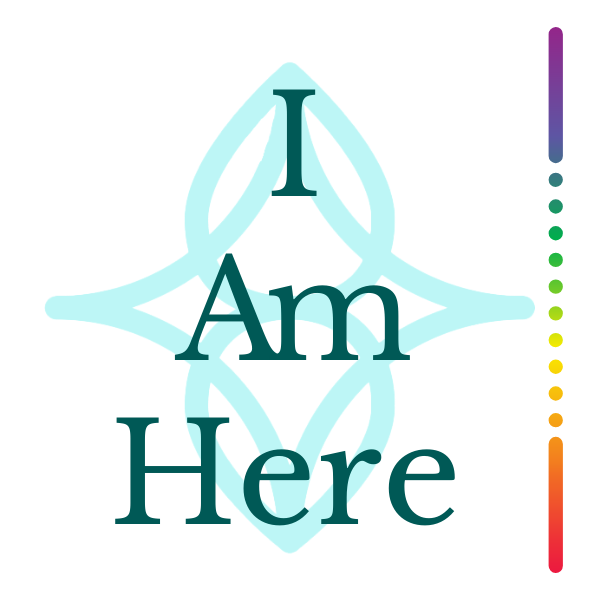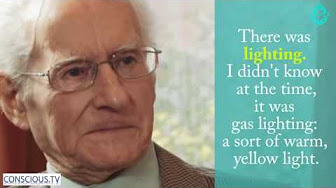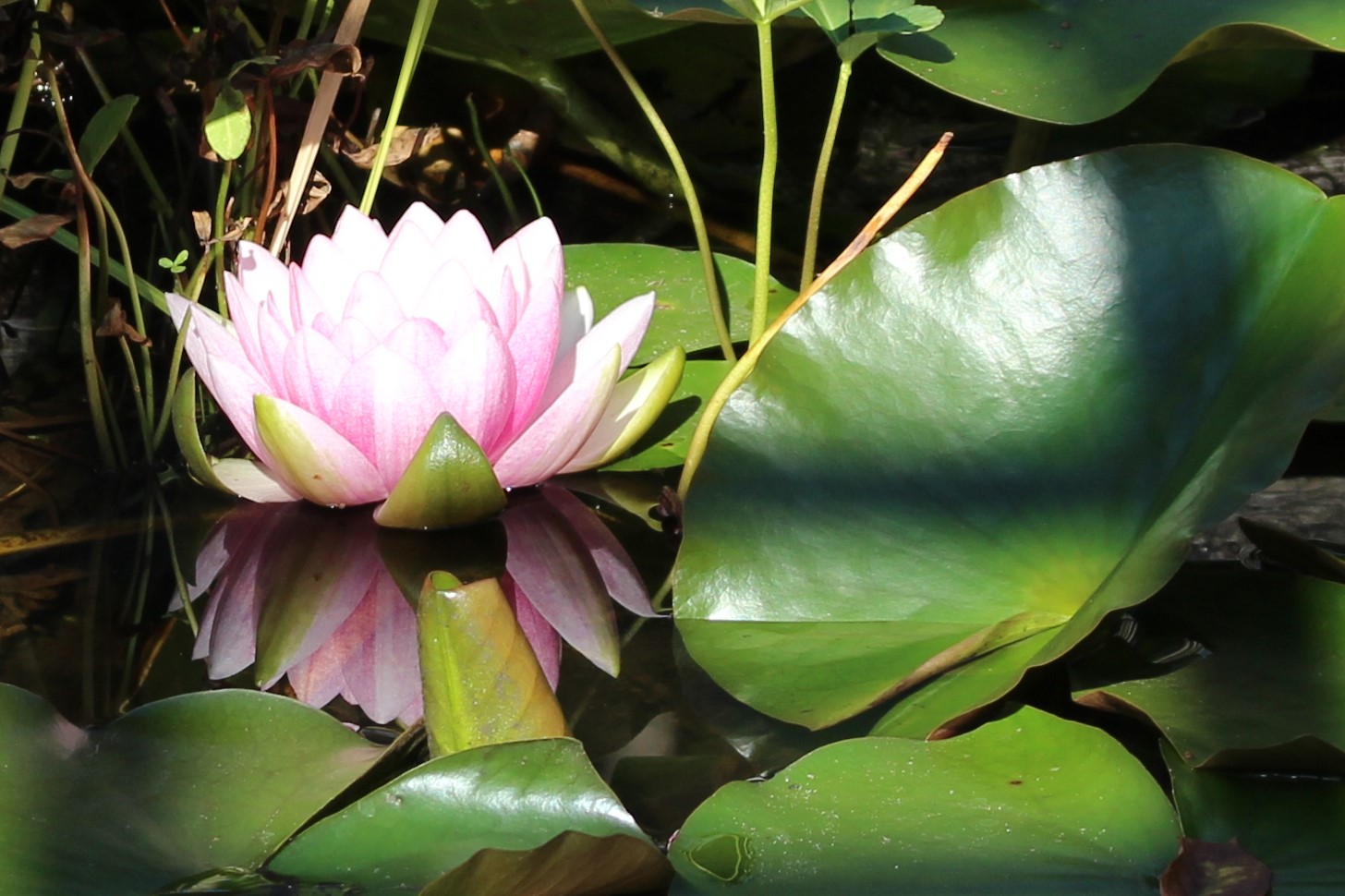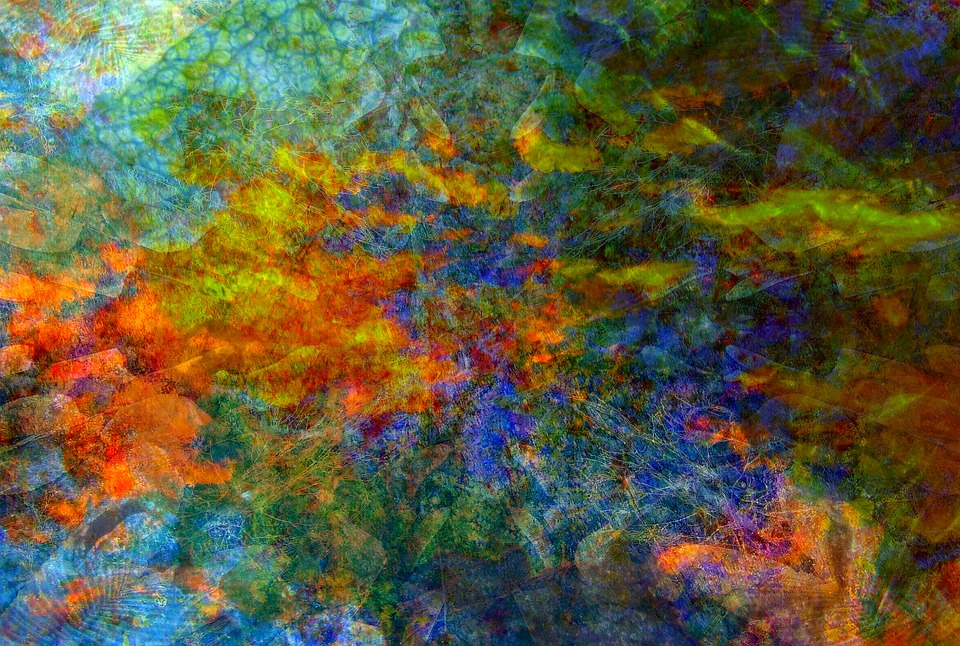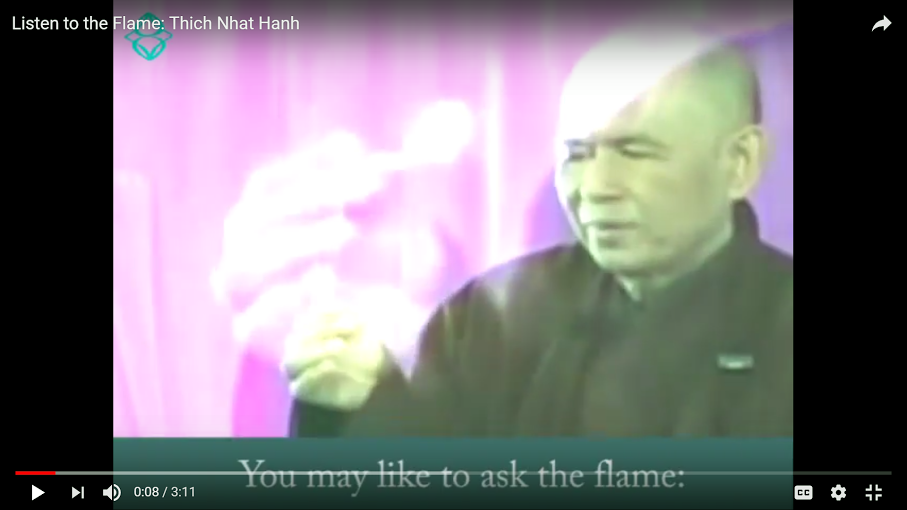DO YOU REMEMBER YOUR BIRTH?
Conventional psychology dictates that we have no conscious memory until late infancy, and this false parameter determines the depth of penetration in healing. Yet when we move not with chronological (left brain) memory but experiential memory, it becomes clear that atmospheres, feelings and sensations are imprinted at a formational layer on the psyche. All that is required is a willingness to let conscious mind, take the lead from the experiential zone of sentient (feeling) awareness
Born in 1921, Russel Williams had no formal education nor any religious affiliation. Yet through the purity of self inquiry and experiential integrity, he emerged in our generation as a teacher of teachers.
NOT I, NOT OTHER THAN I
An article about the book from our dear friend Steve Taylor
Russel Williams is a simple man. On the surface, you would think of him as a fairly typical man of his generation, although perhaps one who looks unusually young and sprightly for his 93 years. If you visited him at home with his wife Joyce, you wouldn’t find anything unusual there either. Again, it would strike you as a fairly typical house for a couple of their senior years.
Russel is not educated – he left school at the age of 11 (in 1932) and has had no formal education since. He’s not an intellectual; he hasn’t read a great many books, and in his teachings he only rarely refers to texts or other sources. Although he has been the president of the Buddhist Society of Manchester since 1974, and sometimes uses Buddhist terms or talks about the Buddha as an individual, he doesn’t consider himself a Buddhist. He certainly doesn’t ‘teach’ Buddhism in any formal sense.
As a result, Russel’s spiritual teachings are very ‘naked’ and pure – that is, they are very free of theories, concepts and categories. This gives his teachings a rare clarity and power. There is no system. There are no rituals or rules to follow, and no ideas to take on board. You don’t have to believe anything. You don’t have to accept anything. You don’t have to become anything. All you have to do is be.
Russel often says that he’s not interested in convincing people of anything. He encourages people to play with his teachings, to question them, to find out for themselves whether they are true. He doesn’t think of himself as a guru, and has no desire to accumulate followers or disciples. Everything he teaches stems very directly from a particular state of being, one which he experiences as his constant reality, and which he has done for almost 65 years. There are many different terms for this state: stillness, pure consciousness, emptiness of being, the essence of our being, our true nature…
Russel teaches us how to uncover this state – how we can nurture it, and remove some of the obstacles which stop its expression. He makes it clear that this is our natural state, and that it’s only due to confusion that we have lost access to it. He helps us to remove the confusion, to disentangle our minds from the mess of concepts and thinking habits which cloud them, so that we can become who we really are.
In this state, we are naturally one with everything, and with the universe itself. We are part of the Unmanifest. We are part of the pure consciousness which has given rise to the whole universe. That consciousness is our true nature, and when we rest within it, we feel a powerful sense of ease and contentment.
Since the late 1950s, Russel has held regular talks at the premises of the Buddhist Society of Manchester. Initially these were held almost every evening, but over the last few decades, they have taken place twice a week, on Monday and Wednesday evenings. Apart from missing the occasional week due to ill health, the meetings continue from year to year, unbroken. They are free of charge – on principle, Russel has never made any money from his spiritual teachings. The meetings are also completely open – anyone is free to come, and no one has ever been turned away.
Russel has never promoted or publicised himself. You won’t find any of his talks advertised on the Internet or any videos of his on YouTube. Until now, he has never published any writings. He has always believed that he can be most effective working with small groups, helping to bring about change by intensively engaging with individuals.
I first suggested the idea of him writing a book several years ago. He was initially dismissive, saying that his teachings were most effective on a “feeling level”, and that this could never be captured in writing. He was happy to let me interview him and tell his story in my book Out of the Darkness, but said he had no desire to publish a book of his own. For a long time, I encouraged him to record the twice-weekly meetings, so that they could be transcribed and perhaps eventually published, but again, he was not enthusiastic.
However, three years ago I learned that Russel was now open to the idea of writing and publishing a book. Nearing the age of 90, he was aware that it might not be too long before he departed this Earth, and felt that it might be helpful to leave a record of his teachings. As a result, we began to record some of the meetings.
Knowing that Russel’s early life was filled with many tragic and dramatic events, I was keen for the book to be partly an autobiography. Even from a purely historical point of view, his life story is fascinating: the terrible hardship of his life during the 1920s and 30s (particularly after being orphaned by the age of 11), his experiences at Dunkirk and during the Blitz, and his wanderings after the war. This leads to the story of his sudden spiritual awakening – one of the most amazing examples of ‘transformation through suffering’ I have come across.
We decided that an autobiography and a book of teachings would complement each other well, which led to the idea of setting them out as alternate chapters. As a result, I began to spend time with Russel at his home in Atherton (near Manchester), recording his recollections and memories of his life. I typed the recordings up, edited them, then handed the printed pages to him, for corrections and additions.
I spent two years working on the book on/off, but it never felt onerous. It was a labour of love, and a privilege, both to spend time with Russel and to delve so deeply into his teachings.
I first heard about Russel back in 1997. I had become friendly with a fellow spiritual seeker called Tony, whom I met at a Gurdjieff group. One evening, in his flat, I asked him, “Do you think you’ve ever met anyone who is enlightened?”
“Well, there’s a man in Sale [a suburb of Manchester] who some people think is enlightened,” he told me. “Very few people know about him, although he’s been teaching for decades.”
I accompanied Tony to one of Russel’s meetings the following week. I was initially slightly sceptical. Russel didn’t look like a spiritual teacher. He wore large black-rimmed glasses, had combed-back white hair and was formally dressed in a jacket and white shirt and tie. He was hard of hearing, and spoke very quietly, but clearly. I was aware of a few other English spiritual teachers of his generation, such as Alan Watts, Douglas Harding and Bede Griffiths. But Russel seemed different to them. He definitely wasn’t from the upper echelons of the British class system. Although he had a fairly nondescript southern English accent, you could tell his background was humble and ordinary.
Like many people, I had quite an esoteric concept of spirituality and enlightenment. I associated those terms with Eastern traditions; they conjured up images of Indian gurus with long beards and long flowing robes, or monks with shaven heads. I had also been conditioned into thinking of enlightenment as a rare and unattainable state, something which only a few Indian or Tibetan adepts – and perhaps a few ascetic Christian mystics – had attained. So the idea that this ordinary looking 76 year old (as he was at that time) Englishman could be enlightened seemed a little bizarre.
However, Russel struck me immediately as an extremely wise person, who had found deep contentment and had a passionate desire to share it with others. I appreciated the purity and directness of his teachings straight away. I began to attend the meetings regularly, and after a while I noticed that after each visit, there was a powerful sense of well-being inside me – a feeling of lightness and calmness – which lasted for most of the next day and sometimes longer.
Nevertheless, it took me a few years to absorb the full power of Russel’s teachings and of his being. This was probably because I initially took an intellectual approach to his teachings, analysing and interpreting them in the light of other spiritual traditions and teachings. But gradually I began to switch off to the intellectual aspect, and to shift into more of a ‘feeling’ mode. I didn’t do this consciously; it was just a process which occurred naturally over the first years that I attended Russel’s talks.
I began to experience very powerful altered states of consciousness during the meetings, which I still experience nowadays. These are quite difficult to describe, but they usually begin with a feeling of stillness, and a sense of energy slowing down and intensifying inside me. Then there is a sense of light, glowing brighter until it seems to engulf all objects in the room in a golden radiance. All objects seem to lose separateness, to merge into the radiance. I no longer feel any separateness; the notions of inside and outside lose significance. My inside is also outside, and vice versa. There is a tremendous sense of serenity. When I look around the room, there is a feeling of complete unfamiliarity, as if this is the first time I’ve ever been in it, and as if all the people and the objects around me are completely new to me…
At that point I’ll give up trying to describe the state. For some reason, it seems to be most powerful – and to happen most easily – when Russel is talking to me and looking directly at me.
This is perhaps the most important aspect of Russel’s teaching: the power of his being, and the feeling of oneness and deep serenity he generates through his being. Almost everybody who attends the meetings experiences this – although it might manifest itself in different ways – and it’s probably the main reason why they keep coming back. (Some people have been regularly attending the meetings for 40 years or more. Even though I’ve been going for 17 years now, I still think of myself as a relative newcomer.)
Over the years, Russel’s teachings and his being have had a powerful cumulative effect on me. Looking back, I can sense that they have affected me in ways which I am only barely conscious of. They have seeped into my being and become a part of me. They have deepened, expanded and stabilised my spiritual experience. Thousands of people who have encountered Russel directly over the last few decades will vouch for the same. And hopefully many thousands more will have a similar experience through reading this book.
It’s a great privilege to introduce the teachings of this almost unknown figure – one of the most remarkable and powerful spiritual teachers of our time, and possibly of all time – to a wider audience.
Not I, Not other than I: The Life and Teachings of Russel Williams, Edited by Steve Taylor, published by O books.
Buy at Amazon UK.
Buy as Amazon USA.
